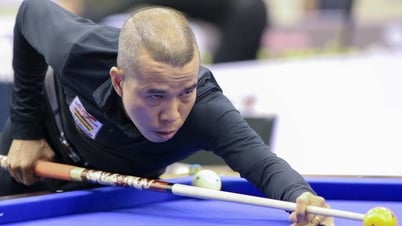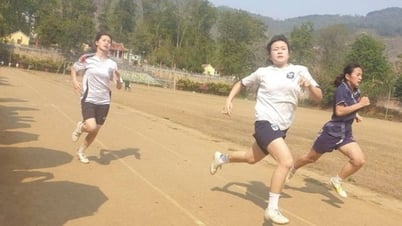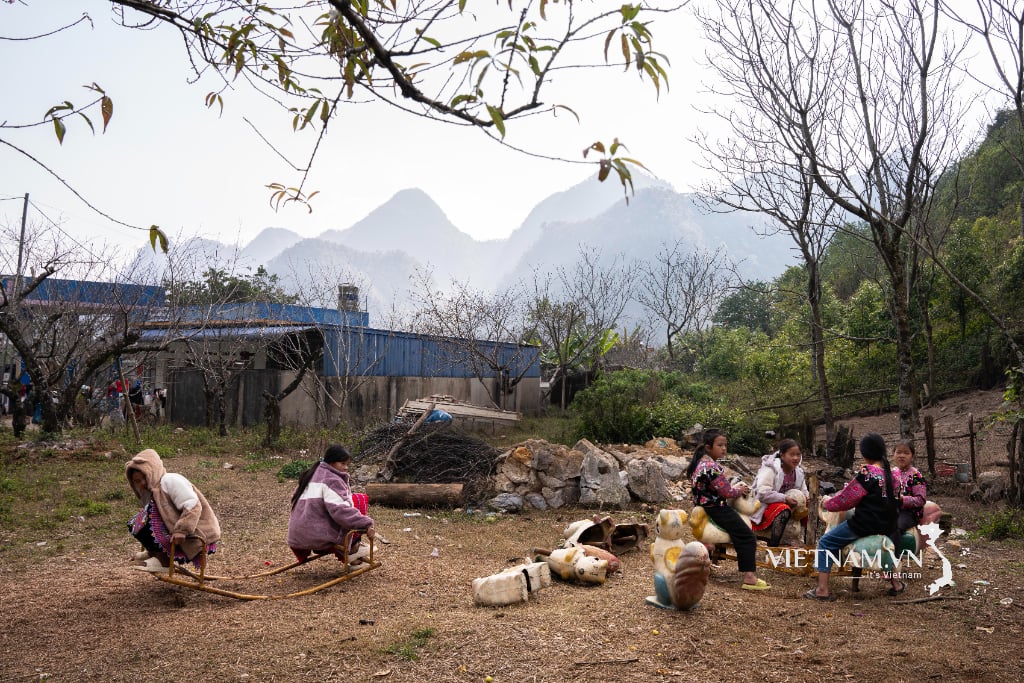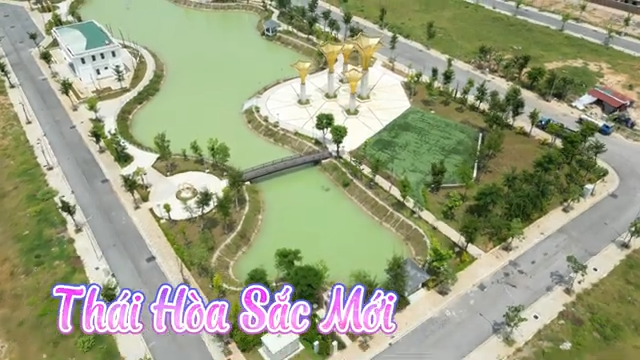According to information provided by the family, while sitting on the bed, the old man accidentally fell to the ground. Immediately after discovering the fall, his family carried him to bed to rest.
After the fall, the old man was conscious, had no vomiting, swelling, sharp pain, and was unable to move his right thigh. His family took him to the provincial hospital for emergency care. An X-ray revealed a fracture of the upper end of his right femur, but surgery was not indicated due to his advanced age. His family contacted him to transfer him to the 108 Military Central Hospital for treatment.

At 108 Central Military Hospital, after completing all necessary tests, the patient was examined and consulted by interdisciplinary departments including orthopedics, cardiology, respiratory, anesthesia and resuscitation.
After a consultation to assess the patient's general condition, the patient received specialized supportive treatment and was monitored for 3 days before surgery. Then, surgery was performed to fix the bone with a locking plate at the upper end of the femur with minimal incision.
The surgical team led by Dr. Nguyen Viet Ngoc and Dr. Dam Van Khai was in charge of anesthesia. The surgery took about 45 minutes with negligible blood loss. The surgery ended safely and the patient returned to the ward conscious.
After 6 days of treatment, the patient was stable, ate and slept well, no more pain at the site, could sit up, moved the right hip joint without pain, the surgical wound was dry and stable. The patient was discharged home to the admiration and excitement of both the patient and his family!
Dr. Nguyen Viet Ngoc - Department of Upper Limb Trauma and Microsurgery, Institute of Trauma and Orthopedics, 108 Central Military Hospital said that this is the oldest patient ever to have femoral fusion surgery at the Institute of Trauma and Orthopedics, 108 Central Military Hospital.
Patients need to be cared for and exercise their hip joint in bed for 3 weeks after surgery, then they can stand up and walk, and after 5 weeks they can move and walk normally.
Recently, the hospital has received many cases of elderly patients admitted due to falls leading to broken bones.
In the elderly, after many years of labor and work, the skeletal system has degenerated, the bones are brittle and easily broken due to lack of calcium. Just a slight impact can cause a bone fracture and if not treated and cared for properly, the patient can quickly become exhausted and suffer many other consequences that significantly reduce the time and quality of life after the injury.
Femur fractures in the elderly are very common due to falls that hit the buttocks or hips on hard surfaces. Common injuries are neck fractures or intertrochanteric fractures, and extra-articular fractures due to osteoporosis and osteopenia.
For the elderly, often accompanied by chronic diseases (diabetes, hypertension, chronic lung disease... especially cardiovascular diseases, the risk of these diseases worsening after surgery is quite high.
However, if the patient does not receive combined bone treatment to be able to carry and move early, the risk of flare-ups or worsening of existing chronic diseases will also increase. Lying in one position for a long time can also cause pressure ulcers and other complications such as pneumonia, urinary tract infections, exhaustion, etc. leading to death, significantly reducing the patient's life time and quality of life.
For femoral intertrochanteric fractures in the elderly, when health and medical conditions allow, choosing surgery to combine bone fixation with a locking plate with minimal incision, along with the support of anesthesia and resuscitation and a light-increasing screen will help patients reduce pain, sit up and exercise early to avoid complications due to long-term immobilization, and significantly improve quality of life.
Fractures of the upper end of the femur due to falls in the elderly are very common. Conservative treatment (no surgery) causes pain and difficulty in daily activities. All daily activities require assistance.
The old concept and the current medical facilities that are not capable of treating patients believe that people over 80 years old should not have surgery because it is dangerous, so family members often let the patient stay at home to treat them by applying leaves and herbal medicine to the painful area.
Not only did the patient not get rid of the pain, but he also developed pressure sores, even infected ulcers at the site where the medicine was applied, pneumonia, urinary tract infections, etc. due to prolonged lying down, and by the time he went to a central hospital for treatment, it was too late, there was no chance of surgery. Therefore, it is recommended that patients go to medical facilities capable of performing surgery for timely examination and treatment, Dr. Ngoc added.
Source





























![[Photo] National Assembly Chairman attends the seminar "Building and operating an international financial center and recommendations for Vietnam"](https://vphoto.vietnam.vn/thumb/1200x675/vietnam/resource/IMAGE/2025/7/28/76393436936e457db31ec84433289f72)






































































Comment (0)